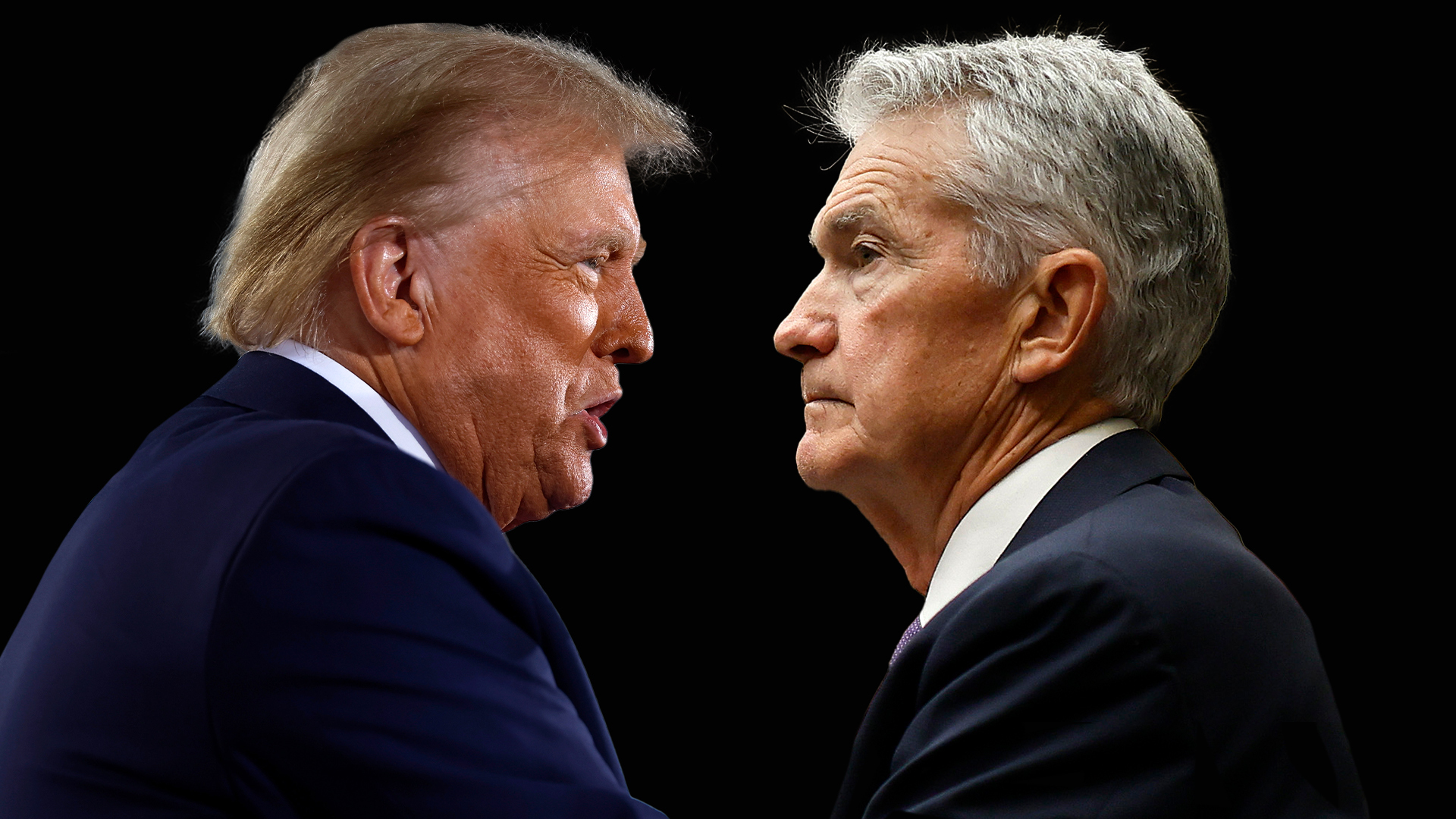
Simone Del Rosario: Federal Reserve Chair Jerome Powell is standing his ground. In as few words as possible, a defiant Powell made clear he’s not budging from his chair when President-elect Donald Trump is back in office.
Victoria Guida: Some of the President-elect’s advisors have suggested that you should resign if he asked you to leave, would you go?
Jerome Powell: No.
Victoria Guida: Can you follow up on, is, do you think that legally you’re not required to leave?
Jerome Powell: No.
Simone Del Rosario: Powell’s one-word response came during a press conference two days after Election Day. Another reporter pressed for more, and this time, Powell gave five words.
Andrew Ackerman: Do you believe the President has the power to fire or demote you, and has the Fed determined the legality of a president demoting at will any of the other governors with leadership positions?
Jerome Powell: Not permitted under the law.
Andrew Ackerman: Not what?
Jerome Powell: Not permitted under the law.
Andrew Ackerman: Thank you.
Simone Del Rosario: In six total words, he shut it down.
Jerome Powell was first appointed to Fed Chair by Trump his first term as president. But the two have had a very public feud since 2018, when Trump started pushing back on the Fed’s interest rate policy.
Donald Trump: I put a very good man in the Fed, I don’t necessarily agree with it, because he’s raising interest rates.
Donald Trump: I think the Fed is out of control. I think what they’re doing is wrong.
Donald Trump: I think they should drop rates and they should get rid of quantitative tightening, you would see a rocket ship.
Simone Del Rosario: That history between Powell and Trump is alive and well today. Earlier this year, a Wall Street Journal report said Trump allies were looking for ways to blunt the Fed’s independence in a Trump victory, and even empower Trump to oust Fed Chair Powell before his term expires in 2026. Trump’s advisers did not deny the report.
Then later this summer, Trump himself said presidents should have a say in interest rate policy.
Donald Trump: I feel the president should have at least say in there, yeah. I feel that strongly. I think that, in my case, I made a lot of money, I was very successful, and I think I have a better instinct than, in many cases, people that would be on the Federal Reserve or the chairman.
Joseph Wang: If President Trump would like to exert more influence on the Fed, he can absolutely do it this time around, simply because the political landscape has changed.
Simone Del Rosario: The Fed Guy’s Joseph Wang told us he does believe Trump will let Powell serve out his term, and doesn’t believe he has the legal authority to oust him. But there are ways he can undermine him or increase his influence on policy.
Joseph Wang: One of the potential Trump Treasury secretaries has floated that idea where maybe Trump could just nominate and confirm the next Fed chair, after Jay Powell, and just have this Fed chair go around and give all sorts of speeches and influence the markets in that way. That’s very creative. I don’t know that will happen. Or you could just pass new laws, nominate new governors, pack the Fed, or you could have legislation that maybe defines the Fed’s mandates in ways that are pleasing to the executive. Or if you look back to history in the beginning, in the when the Fed first started in the early 20th century, the Treasury Secretary actually sat on the FOMC. They’re participating in the discussion. So there’s a whole whole bunch of ways this can go.
Simone Del Rosario: Trump’s interest in influencing Fed policy concerns Democrats and Republicans alike. When the Wall Street Journal report came out, Sen. Thom Tillis said, “I have to think about the Fed for the next 50 years, not the next four, and independence is important.”
Joseph Wang: The reason that we have an independent central bank is because the political branches often have a temptation to do things that are good for them today, for their current election cycle, that have bad consequences later on. And you see this in Latin America all the time. Government comes to power, spends a whole bunch of money to get elected, and then the inflationary problems someone else’s problem. So we don’t want that to happen here.
Simone Del Rosario: The Federal Reserve and its chair serve under a dual mandate: price stability and maximum employment. The main tool it has to influence monetary policy is the federal funds target rate, which is the rate banks charge each other for overnight lending. Those rate decisions ripple throughout the economy.
As inflation surged post-pandemic, the Fed eventually hiked rates to levels not seen in decades to try to slow the money supply. As inflation has gotten closer to the Fed’s 2% target and cracks in the labor market are starting to appear, the Fed began a rate-cutting cycle in September to ease conditions. Two days following the election, the Fed again cut its rate by 25 basis points. The open market committee’s next rate decision will be Dec. 18.











